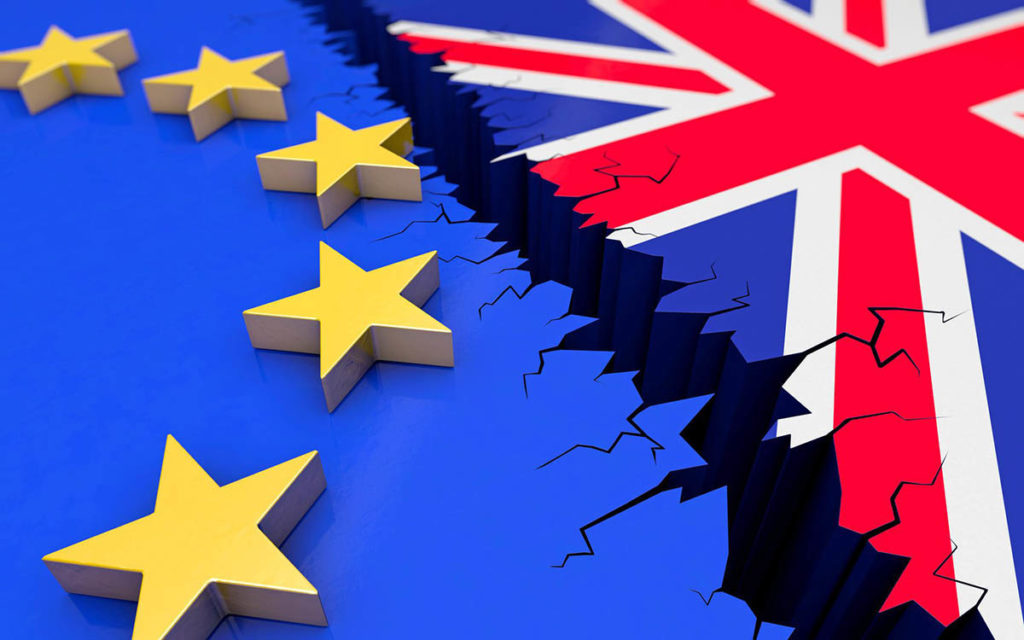Brexit became a reality yesterday at 23:00, almost a year after the UK officially left the European Union (EU) on 31 January 2020, following a popular referendum in 2016.
A new Trade and Cooperation Agreement, concluded on December 24, entered into force at 23:00 (the same time in London and midnight in Brussels), to follow on from the post-Brexit transition period, during which the UK maintained access to the single market and respect for European rules.
Having broken the last ties of a relationship of almost 50 years, the agreement guarantees mutual access of products to the two markets without quotas or customs fees, but a series of trade barriers arise, such as more customs controls and bureaucracy in economic transactions.
The UK is no longer subject to the European Court of Justice and now determines the national immigration policy, which will now treat Europeans like any foreign national. Britons lose freedom of movement within the EU and access to various EU programmes.
The agreement also provides for a partnership on issues such as security and continued UK access to various databases to fight terrorism and crime.
But British financial service providers, an important economic sector, lose the automatic right to operate across the EU and British universities are no longer eligible for the Erasmus student exchange programme.
In Northern Ireland, new goods inspection procedures are in place to keep the border with the Republic of Ireland open, the UK's only European land neighbor.
London and Brussels reached an understanding after ten months of intense and complicated negotiations, which culminated a difficult process at the national level.
Since 2016, two prime ministers, David Cameron and Theresa May have resigned, two legislative elections have been held, parliament has witnessed hundreds of hours of debate on an issue that has divided political parties, families and society at large in the UK .
However, today's moment has gone almost unnoticed, with the political and media agenda focused on the Covid-19 pandemic due to the worsening of the epidemic situation, which prevents large celebrations due to the confinement in London and in most of the country.
The bells of the emblematic parliament clock, known as Big Ben, rang, but only as a rehearsal for the twelve chimes of the New Year, as the building and mechanism are undergoing maintenance work.
Prime Minister Boris Johnson said he would spend the night with his family at the official residence in Downing Street and omitted the subject from the New Year's message, but when enacting legislation implementing the Agreement this early morning, he considered the occasion historic.
“The 23 pm of December 31st marks a new beginning in our country's history and a new relationship with the EU as its greatest ally. This moment has finally arrived and now it's time to take advantage of it», he said.



















Comments